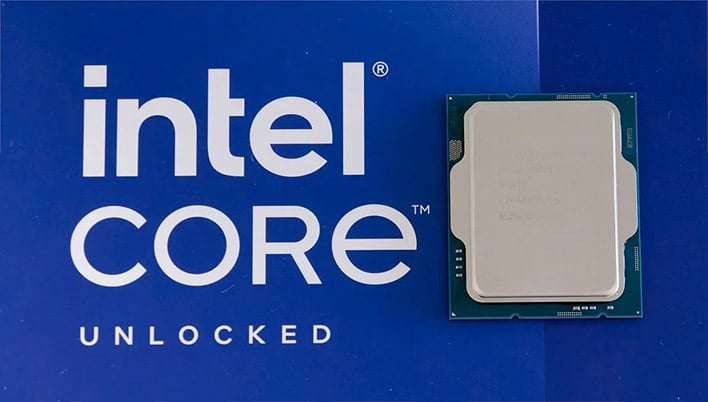Intel Found The Root Cause Of Instability On Its 13th And 14th Gen Core Processors
Well, according to a post from Intel that just went live on the company's website, it has finally identified the root cause and it plans to release a fix, once testing and qualification is complete. The fix will come via a microcode update, but likely with a caveat.
Through analysis of 13th and 14th Gen processors that were returned due to instability issues, Intel claims it has determined that elevated operating voltages stemming from a faulty microcode algorithm is resulting in incorrect voltage requests to the processor.
In and of themselves, unless the incorrect voltage requests are excessively high, they likely wouldn’t cause instability. Excessively high voltages, however, can cause premature degradation of the processor, which in turn can cause instability. Although the post on Intel’s site doesn’t explicitly say this, it does ask that customers experiencing instability to reach out to Intel’s customer support department for assistance. 13th and 14th Gen processors exhibiting instability will likely need to be replaced.
In the meantime, Intel is targeting a mid-August release for the microcode update that will (hopefully) fix the issues once and for all. Motherboard vendors will have to incorporate the micrcocode updates into the BIOS/UEFI for their motherboards, but we suspect most will act rather quickly, considering the high-profile nature of these issues.



